Quantum Computing Quantum computers are expected to accelerate scientific discovery spanning many different areas such as medicine, AI, material science, and financial predictions. Quantum hardware manipulates with much more complex than binary information that is represented in classical computers. We are interested in quantum algorithms and methods of their hybridization with classical computing systems as well as how classical computing can facilitate and improve quantum computing.
Machine Learning Many machine learning algorithms are prohibitive for large-scale number of variables, samples and high dimensionality. For example, this can happen because of the slow convergence or NP-hardness of underlying optimization problems (such as in support vector machines and cut-based clustering). We are interested in algorithms that cope with such problems.
AI, Literature Based Discovery and Text Mining Hypothesis generation is becoming a crucial time-saving family of techniques which allow researchers to quickly discover implicit connections between important concepts. We are interested in such techniques and complex text mining problems, in general. Applications include biomedical discovery with scientific texts, healthcare and social media.
Network Science and Graph Algorithms We are interested in computational, modeling, theory and data problems related to complex networks in social/natural/information sciences, and engineering. Their analysis often requires scalable algorithms for frequent pattern discovery, outliers detection, quantitative methods for importance ranking of network elements, time-dependent data analysis, evolution modeling, visualization, and community detection.
Combinatorial Scientific Computing This is an area in which we study discrete optimization problems on large-scale graphs that are used to accelerate the performance of scientific computing algorithms. Examples include (hyper)graph partitioning, reordering, and coloring to improve load-balancing, task mapping, and data locality on HPC.
Multiscale Methods A broad range of scientific problems involve multiple scales. Traditional monoscale approaches have proven to be inadequate, even with the largest supercomputers, because of the prohibitively large number of variables involved. We develop multiscale approaches in which a hierarchy of coarse scale approximations is used to solve large-scale problems efficiently.
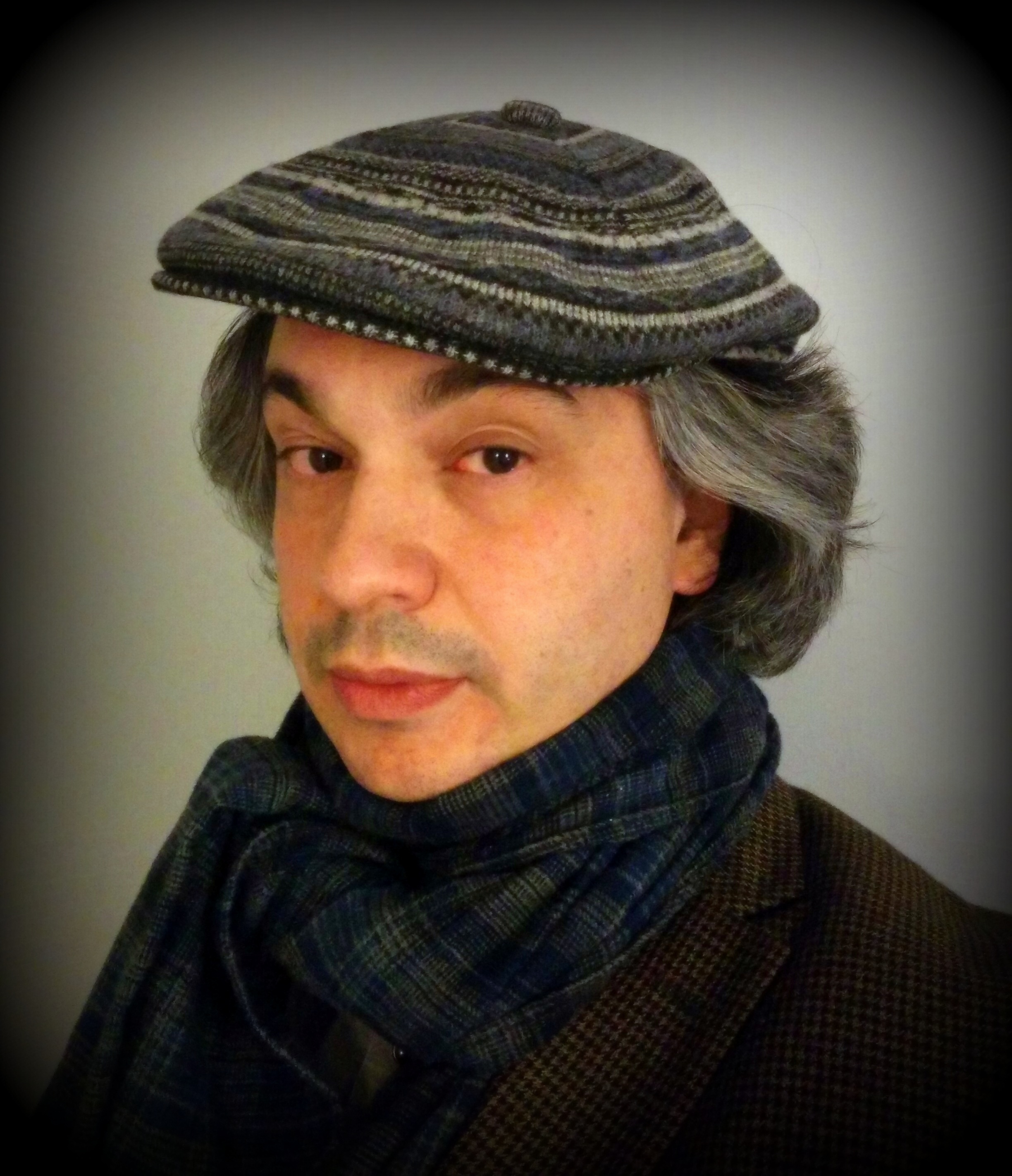 |
Group Lead Prof. Ilya Safro received his Ph.D. from the Weizmann Institute of Science. In 2021, he joined the Department of Computer and Information Sciences at the University of Delaware. In 2012-2020, Ilya held assistant and associate professor positions in the School of Computing at Clemson University. He was also a Faculty Scholar of the Clemson University School of Health Research. Before that he was a postdoc and Argonne scholar at the Division of Mathematics and Computer Science at Argonne National Laboratory. |
 |
Bao Bach PhD student in Quantum Science and Engineering. Areas of research: quantum computing, quantum machine learning |
 |
Jose Falla PhD student in Physics. Areas of research: quantum computing |
 |
Cameron Ibrahim PhD student in Computer Science. Areas of research: quantum computing, hybrid quantum-classical methods, graph algorithms, optimization |
 |
Kien Nguyen PhD student in Computer Science. Areas of research: quantum computing, machine learning, quantum optimization |
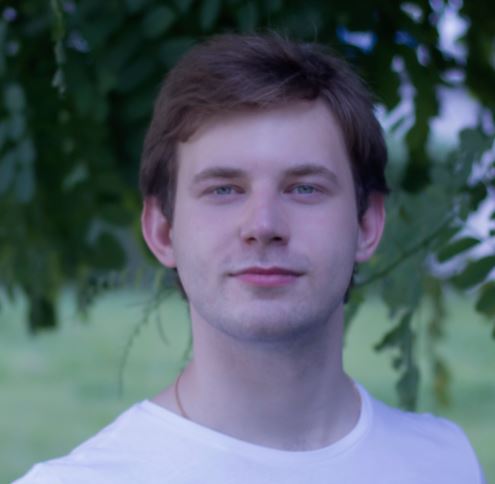 |
Ilya Tyagin PhD student in Biomedical Data Science and Informatics. Areas of research: machine learning, text mining |
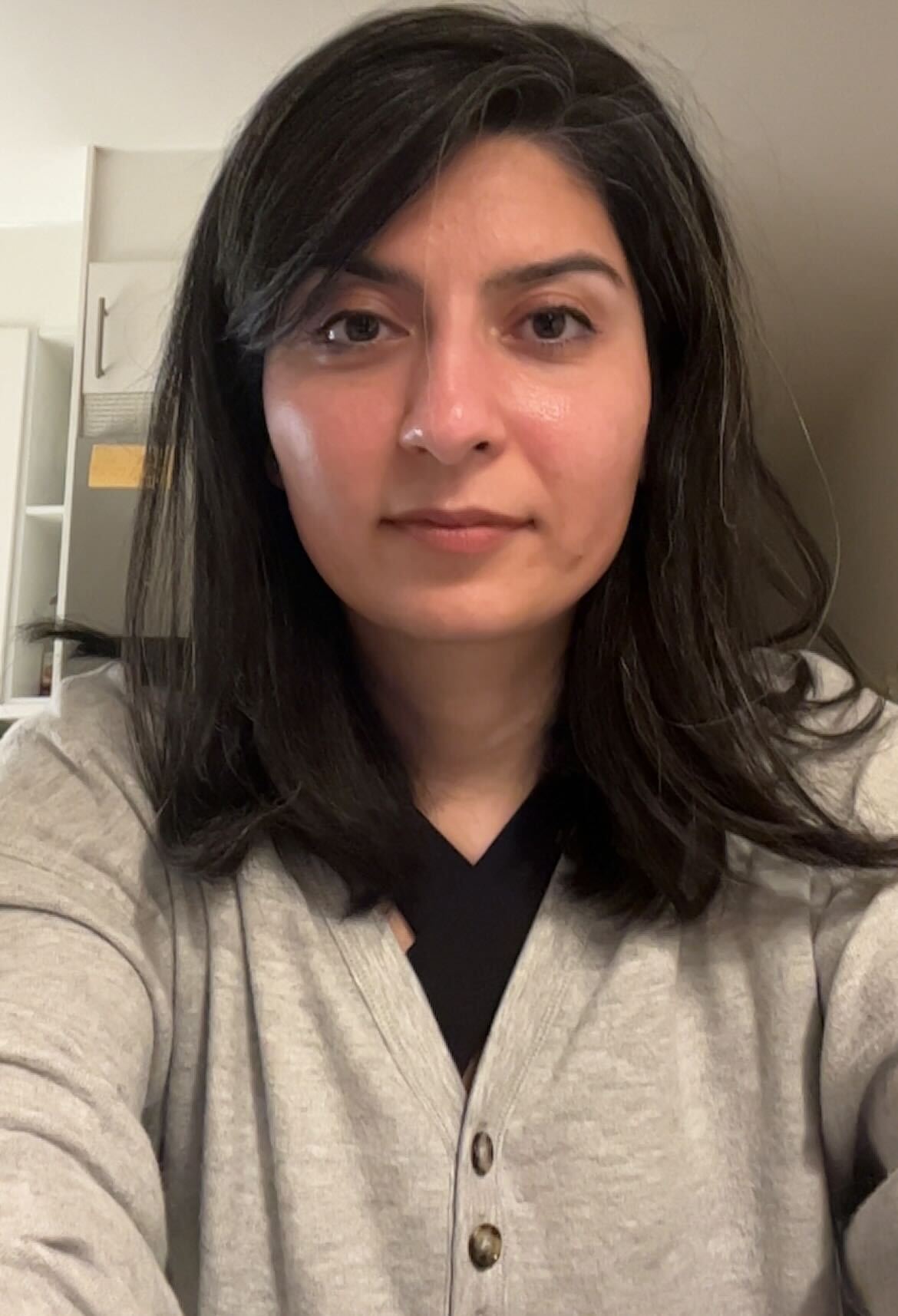 |
Saeideh Valipour PhD student in Computer Science. Areas of research: machine learning, text mining |
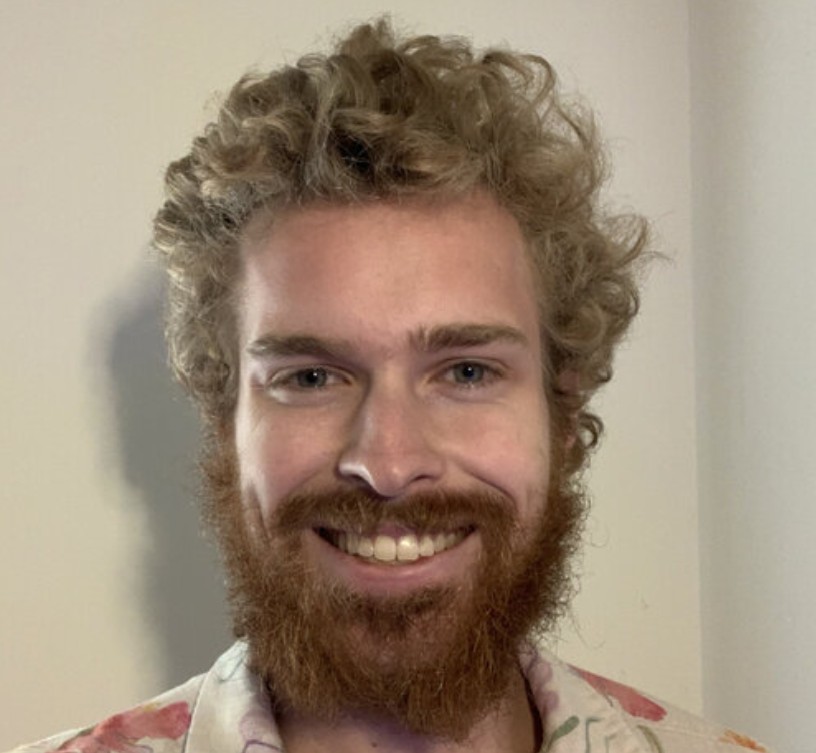 |
Silo Murphy MSc student in Quantum Science and Engineering. Areas of research: algebraic methods in quantum computing |
 |
Brent Russon MSc student in Quantum Science and Engineering. Areas of research: scalable compilation in quantum computing |
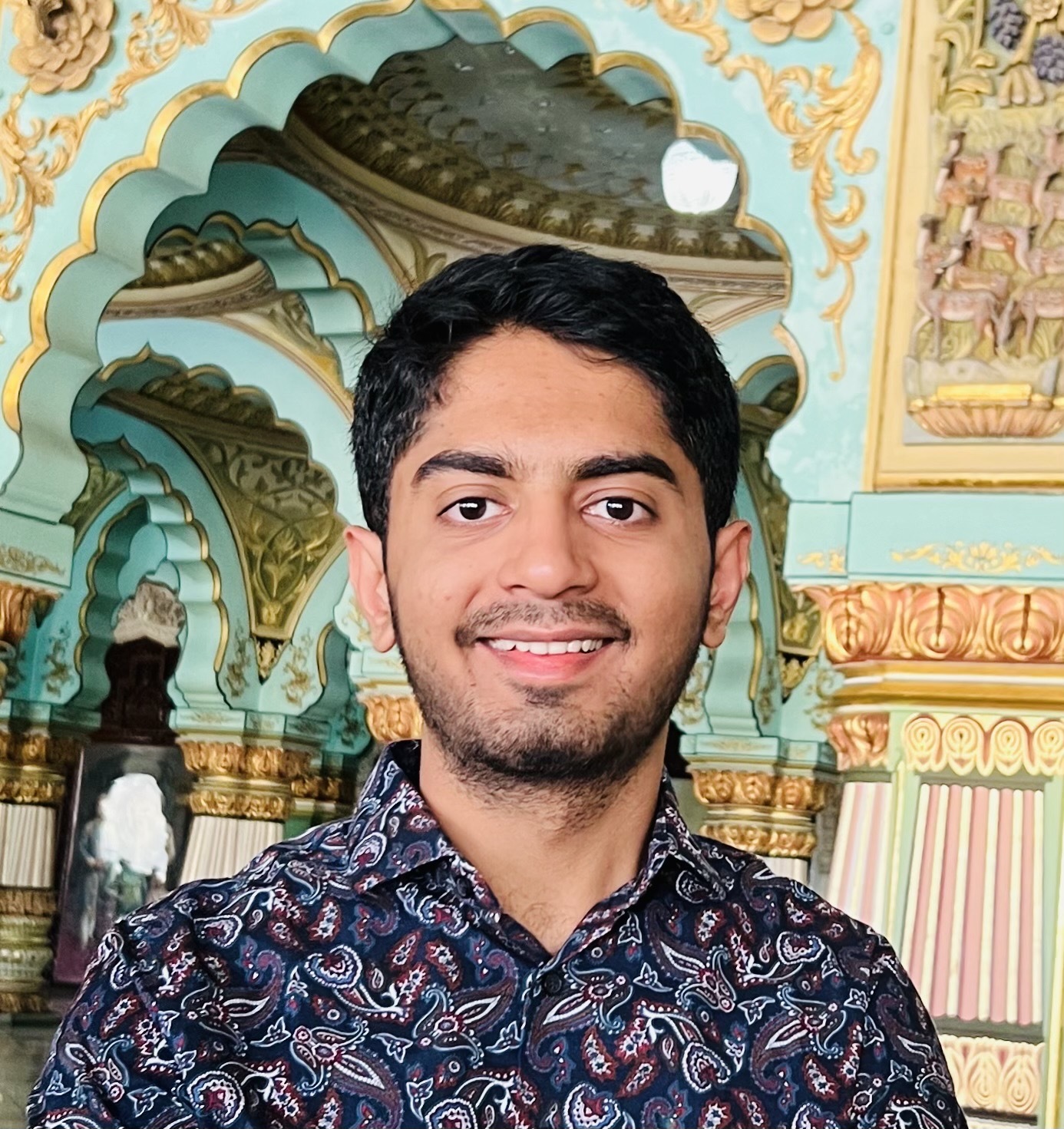 |
Pratim Ugale MSc student in Computer Science. Areas of research: quantum computing and AI |
Alumni Tallayeh Razzaghi, Postdoc (now associate professor at University of Oklahoma); Farah Alshanik, Ph.D. (co-supervised with Amy Apon, now assistant professor in Jordan University of Science and Technology); Ankit Kulshrestha, Ph.D. (now senior research scientist in quantum computing group at Fujitsu Research USA); Xiaoyuan Liu, Ph.D. (now senior research scientist in quantum computing group at Fujitsu Research USA); Hayato Ushijima-Mwesigwa, Ph.D. (now senior research scientist in quantum computing group at Fujitsu Research USA); Ruslan Shaydulin, Ph.D. (now quantum computing researcher at JPMorgan Chase, former postdoc at Argonne National Laboratory); Justin Sybrandt, Ph.D. (now at Google DeepMind); Ehsan Sadrfaridpour, Ph.D. (now research scientist at Moderna); Anthony Angonne, M.Sc.; Varsha Chauhan, M.Sc. (first position is software engineer at Amazon); Emmanuel John, M.Sc. (first position is software engineer at Epic Systems); Krish Matta (now student at CMU); Zirou Qiu, M.Sc. (now at Meta); Mikita Yankouski, B.Sc. (first position at Blackboud Systems); Angelo Carrabba, B.Sc., Honors Thesis (first position in Google); Grace Glenn, B.Sc., Honors Thesis (first position at Foursquare); Nathan Manning B.Sc.
Our Research Group in News
- Think Like a Quantum Engineer Or Let AI Do It for You
- For the Record: Quantum puzzle solvers
- SIAM News: Challenges and Opportunities of Scaling Up Quantum Computation and Circuits
- Quantum Computing and Finance: Researchers explore quantum computing ability to speed solutions for financial sector
- A Quantum Phenomen
- Concentrating on Connections, our work on automated scientific hypothesis generation is featured in UDaily
- Artificial intelligence could aid in fight against COVID-19
- Our quantum computing work in HPC wire
- Combing the best of quantum computing and classical computing
- The best of both worlds: how to solve real problems on modern quantum computers
- Future of Medicine - Man or Machine?
Big Data: Future of Medicine - Man or Machine? from Clemson University on Vimeo.
- Summer internship of Ruslan Shaydulin
- Our promo video featured at ACM KDD 2017

No comments:
Post a Comment